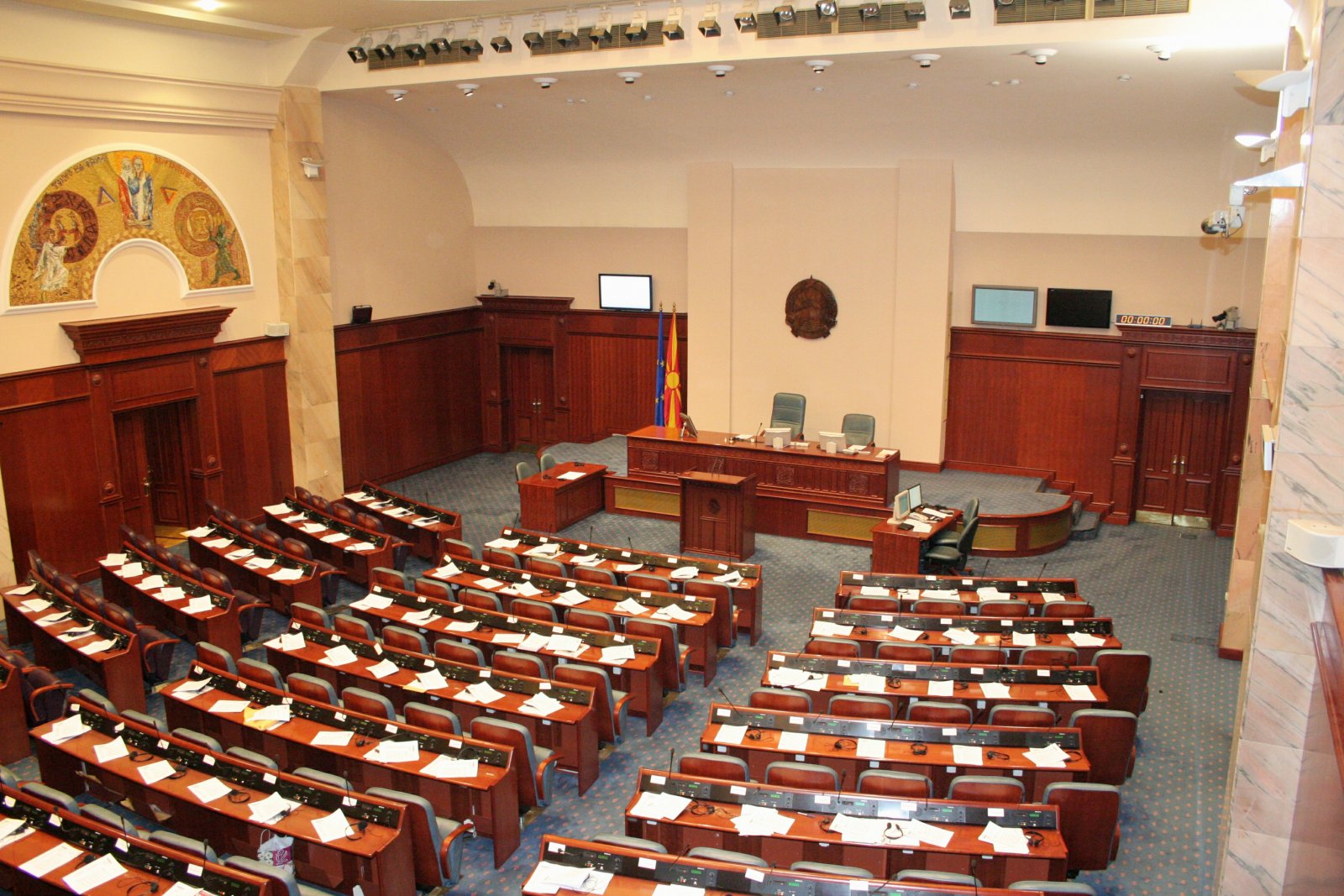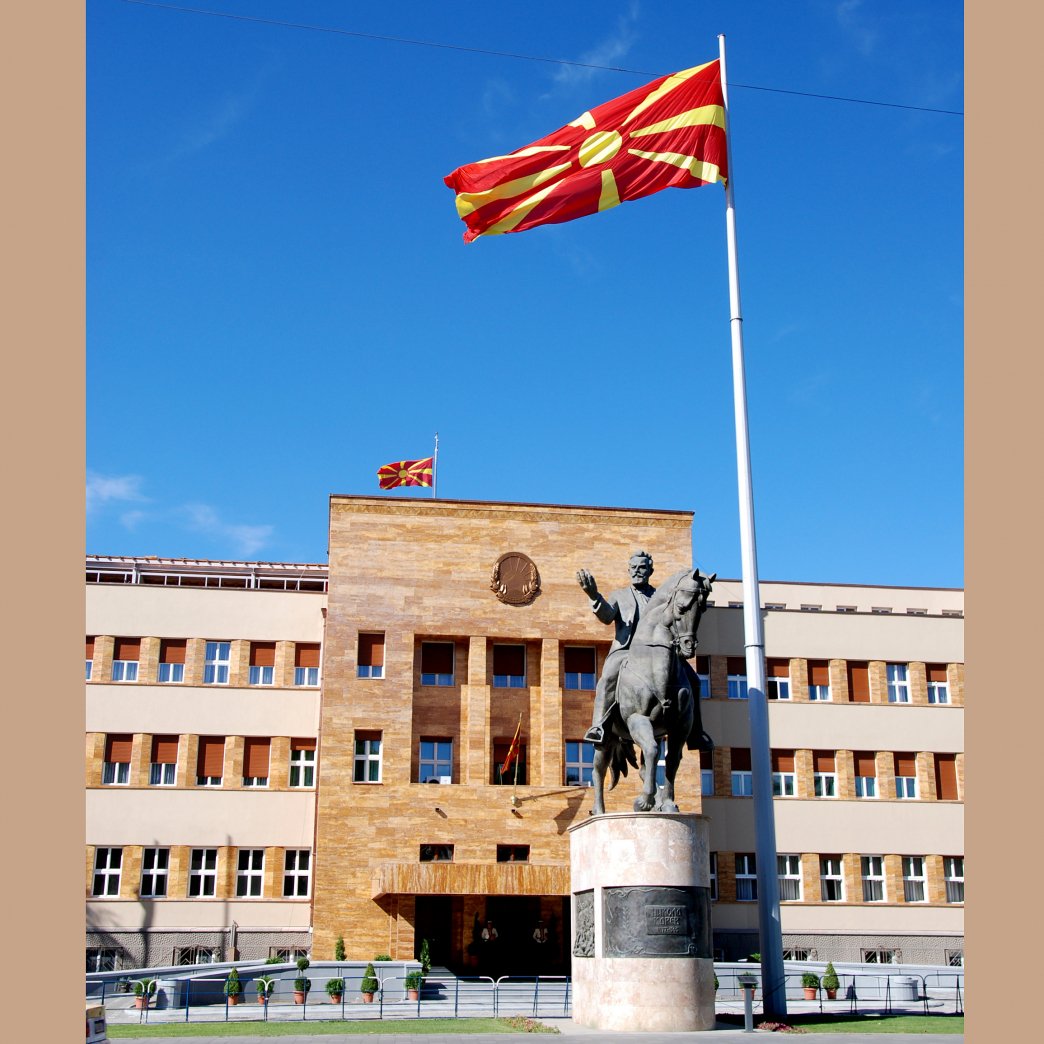
SHARE
Political tensions had been on the rise for several months following an uncertain election outcome that left the incumbent party fighting to hold on to power as the opposition readied to take the reins of government. Unruly protests by ruling party supporters had broken out in the capital and, after veiled threats, a pro-government mob attacked parliament when the opposition took the procedural step of forming its new government.
Dozens of members were physically assaulted during the siege, some brutally. One lawmaker nearly died from his injuries. Reporting emerged that ruling party members, including outgoing parliamentary leadership, abetted the attack. Others in the ruling party courageously intervened to protect opposition colleagues. Following the violence, which played out live on television and social media screens throughout the country, the new government was inaugurated, and peace was restored, but the febrile partisanship precipitating the violence did not easily abate.
What happened in April 2017, in North Macedonia’s capital, Skopje, was a warning sign for all democracies—old and young—when leaders forsake democratic principles. Peaceful conduct was replaced by mob violence. A rules-based transfer of government was undermined by a naked grab for power.
The parliament itself, as the pinnacle of the country’s democratic order, was tarnished. The violence laid bare the need to restore and burnish the Assembly as a legislative institution, a representative body, and as a place where the affairs of state are debated and decided upon peacefully.
Having supported the Assembly’s development from the early days of independence following the break-up of Yugoslavia, NDI was committed to helping parliamentary leadership, caucus heads, and rank-and-file members recover parliament’s institutional integrity. With the support of the U.S. Agency for International Development and the Swiss Agency for Development and Cooperation, NDI has set in motion long-term initiatives to build parliament’s independence as a separate branch of government, in its lawmaking and oversight capacities, and in the ability of members to engage and represent their constituents. Along the way, NDI has made ample use of the peer expertise found in the U.S. Congress’ House Democracy Partnership.
One critical element brought forward in April 2017 is parliament’s physical security. Following the siege, the new government made efforts to strengthen parliamentary security so that a similar rampage could not recur. Plans were discussed, but then postponed as more pressing matters continuously beckoned.
But the matter did not disappear altogether and, under NDI’s current, Swiss-supported Parliament Support Programme, parliament and NDI again took up the matter, along with internal financial and human resources management, in a three-pillar initiative to bolster parliament’s independence as a separate, co-equal branch of government.
Based on parliamentary leadership feedback, NDI sought out officials overseeing security for the German Bundestag in Berlin. In January 2021 and against the grim backdrop of the siege of the U.S. Capitol, NDI convened a planned online consultation between German and Macedonian parliamentary officials to lay out a game plan for parliamentary security.
The first area of consideration was building a legislative framework in which the parliament could construct its own security apparatus. The 2017 attack had been partly abetted by police detailed to parliament who reported to the Ministry of Interior, and this would need to change in order to ensure parliamentary oversight and management of security personnel assigned to protect it.
The second topic was focused on cooperation between parliamentary security and other law enforcement on intelligence and resource sharing, to determine how best to respond to credible security threats, both in physically protecting the parliamentary complex and in anticipating and thwarting efforts to compromise it.
The third area discussed was multipartisan oversight of security apparatus in parliament to lower the risk of partisanship in managing the force and responding to a crisis—both of which were wholly absent in 2017.
Finally, parliament used the discussion to understand how security protocols are designed to keep the Bundestag open to visitor access and citizen participation in legislative affairs.
Germany’s experience in parliamentary security has deep historical resonance in the infamous Reichstag fire of 1933 that Hitler used to cement Nazi control over the country, a consequential step along the path leading to the horrors of World War Two.
As countries such as North Macedonia, and now the United States, confront this very dangerous form of political violence, it bears noting that there are well-developed ways to handle and pre-empt immediate threats to legislatures and, in the peer dialogue organized by NDI, ample evidence to suggest that comparative experience is a highly practical way to meet the twin goals of ensuring parliament’s institutional security while upholding its commitment to democratic norms.
NDI will continue to organize these types of peer discussions as it helps the parliament in North Macedonia create and manage its institutional integrity.
Author: Robert Benjamin - NDI Senior Associate and Regional Director CEE



